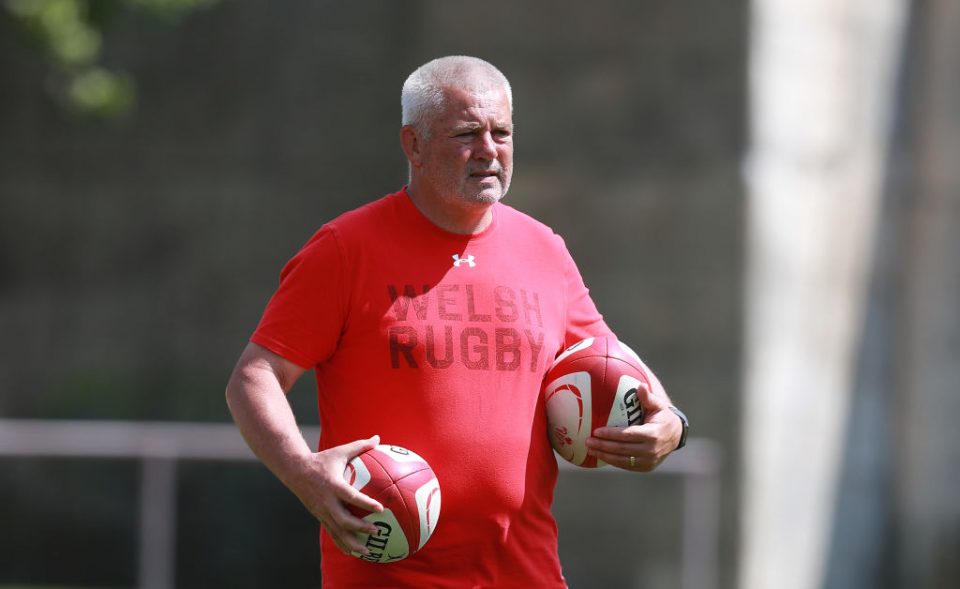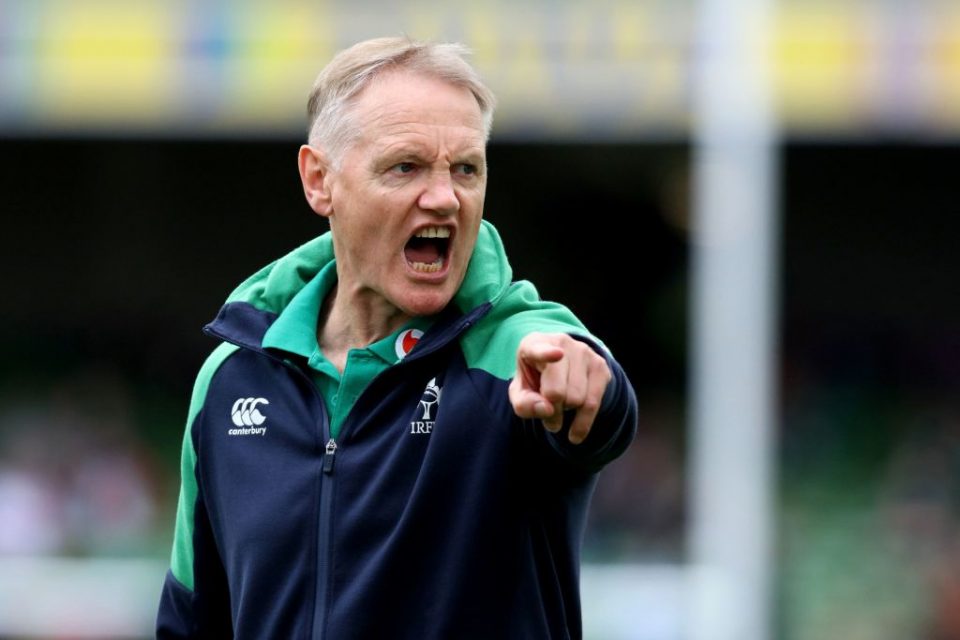Gatland and Schmidt, two of rugby’s finest, seek perfect World Cup send-off

While it is normal to see coaching turnover at the end of a World Cup cycle, the aftermath of the 2019 tournament will be particularly poignant.
Steve Hansen, current world champion, will leave his post as New Zealand head coach. However, it is two of his countrymen, Joe Schmidt and Warren Gatland, whose departures will be felt the most, curtailing unique chapters in Irish and Welsh rugby.
Wales head coach Gatland and Ireland counterpart Schmidt have been two of the most influential coaches in the last decade of European rugby. Their achievements speak for themselves: six of the last eight Six Nations have been won by a Schmidt or Gatland side.
The World Cup, which starts this week in Japan, is a golden opportunity for one of the two to end their international stints with the trophy their work deserves.
Best ever
Schmidt and Gatland may not be as ferocious and forthright as Eddie Jones, or as creative as Sir Clive Woodward, but they have set a blueprint for modern-day international coaches, using intense attention to detail to create steely, hard to conquer sides.
It would be difficult to dispute that they are both their nation’s greatest professional-era coach. They are certainly the most successful.
Schmidt, for example, has comfortably the best winning percentage (72.5%) of any Ireland coach and has won three out of Ireland’s four total Six Nations in just six years.

His defining achievements have been those which have taken Ireland to heights that previously did not seem possible, whether it be comfortable Grand Slams or their current place at the pinnacle of the world rankings.
In 2016, he led Ireland to victory over his country of birth, New Zealand, for the first time in their history. Two years later, they would do it again without conceding a try.
Schmidt’s six years at the helm are lightweight compared to Gatland, though, who has held the job since 2007.
It is perhaps more difficult to define the Gatland era on account of the fact that he has won Grand Slams with completely different teams, in 2008, 2012 and 2019. The easiest way to summarise his tenure, therefore, is simply through unwavering success.
Thanks to Wales’s’ triumph this year, he is now the first coach in history to secure a hat-trick of Grand Slams.
World Cup: Now or never?
The one international accolade missing from both of these coaches’ glittering cabinets is the World Cup.
In Japan, both will be aware that this is not only their last chance at the game’s landmark trophy with Ireland and Wales but also a far better chance than they have had in the past.
While describing New Zealand as vulnerable is a stretch, they are perhaps not quite as invincible as they were four years ago.
Indeed, their draw at home to South Africa and loss in Australia this summer suggest that this side is not completely impenetrable. This tournament promises to be the most open since 2007.
Both Schmidt and Gatland have learned from the 2015 World Cup, where their squads lacked depth to adapt to injury-hit campaigns.
This time, both coaches have a deeper pool of quality to call upon, something they were both praised for after their respective 2018 and 2019 Grand Slams.
For Wales, only Alun Wyn Jones would be utterly irreplaceable if he were to get injured, although Liam Williams and Jonathan Davies would be sorely missed.
Ireland’s only potential undoing is an over-reliance on their “axis of excellence”, the combination of Johnny Sexton and Conor Murray. When neither are on form, Ireland tend to struggle, as demonstrated during this year’s Six Nations.

If both win their groups, it is entirely possible that these two teams meet in the World Cup semi-final, pitting Schmidt and Gatland against each other one last time.
Although, for that to happen, Ireland would need to beat one of South Africa or New Zealand – hardly a simple way to end a quarter-final hoodoo.
If one or Gatland or Schmidt were to conclude their stints in European rugby with a World Cup win, it would be the perfect note on which to end a remarkable job.
If they do not, however, it should not tarnish their reputations in Ireland and Wales. After all, with a promising crop of both Welsh and Irish youngsters emerging, Gatland and Schmidt will be leaving rugby in the two nations in a much better state than they found it.
Main image credit: Getty